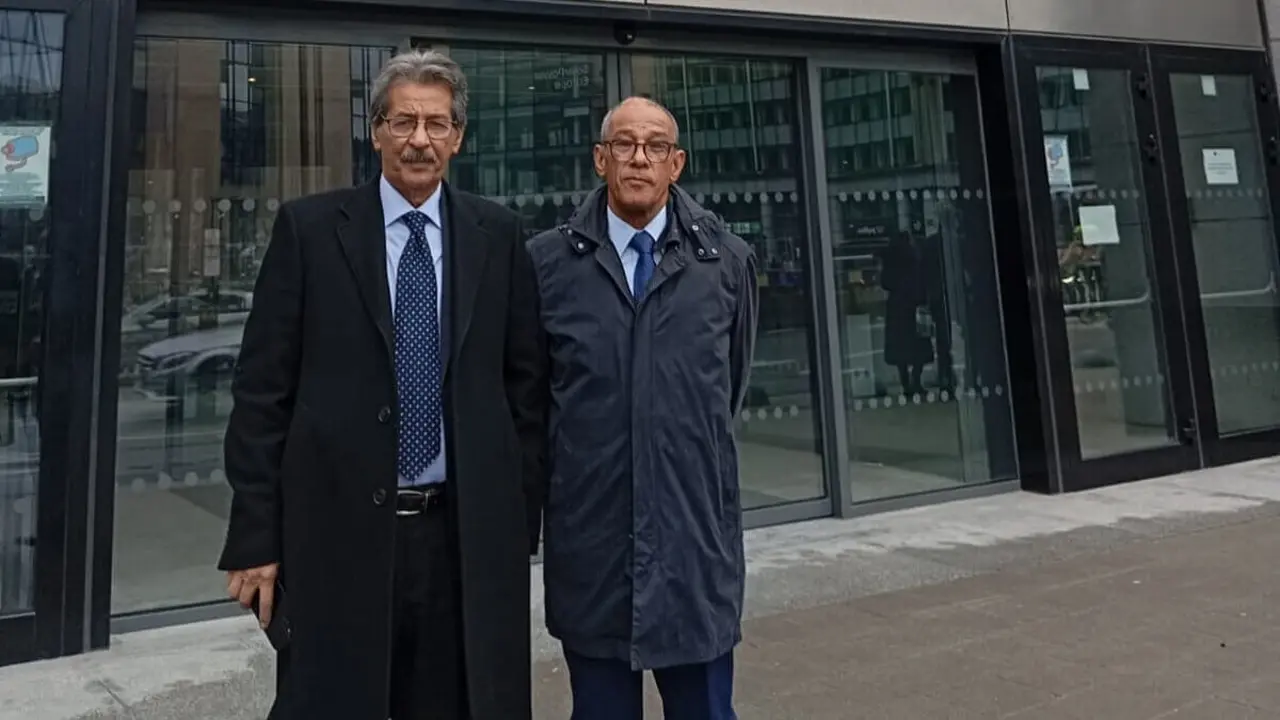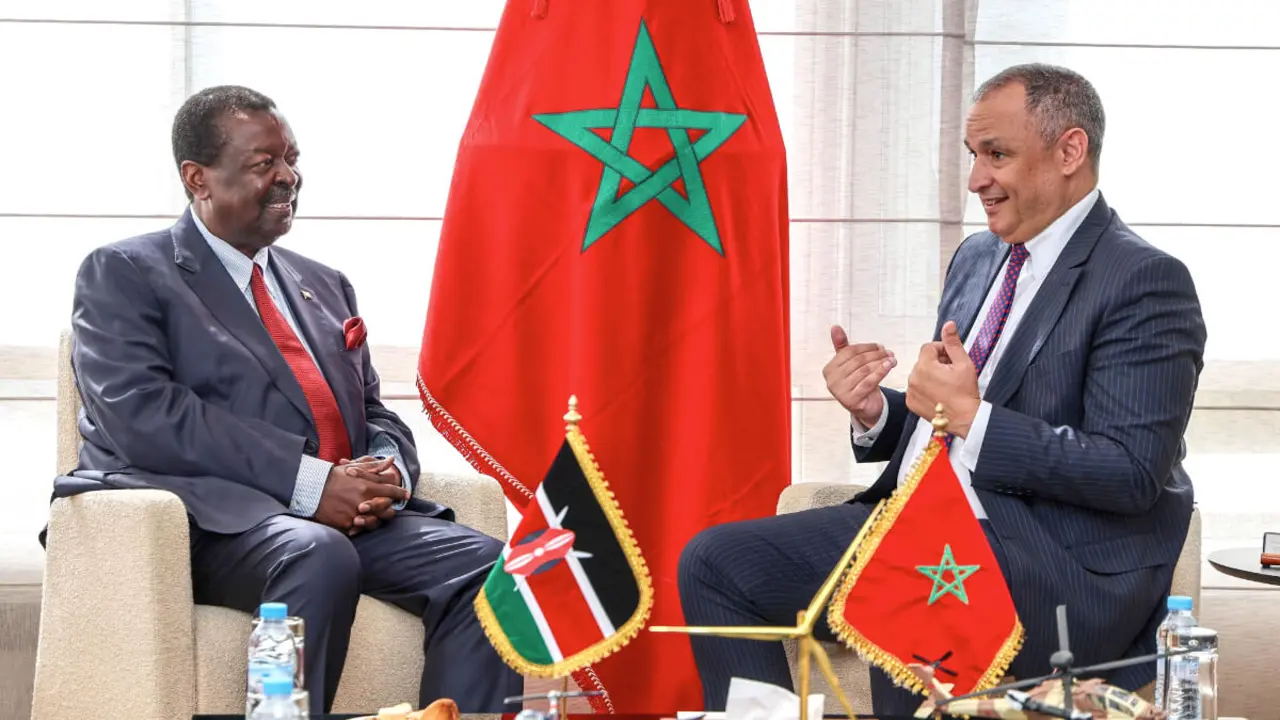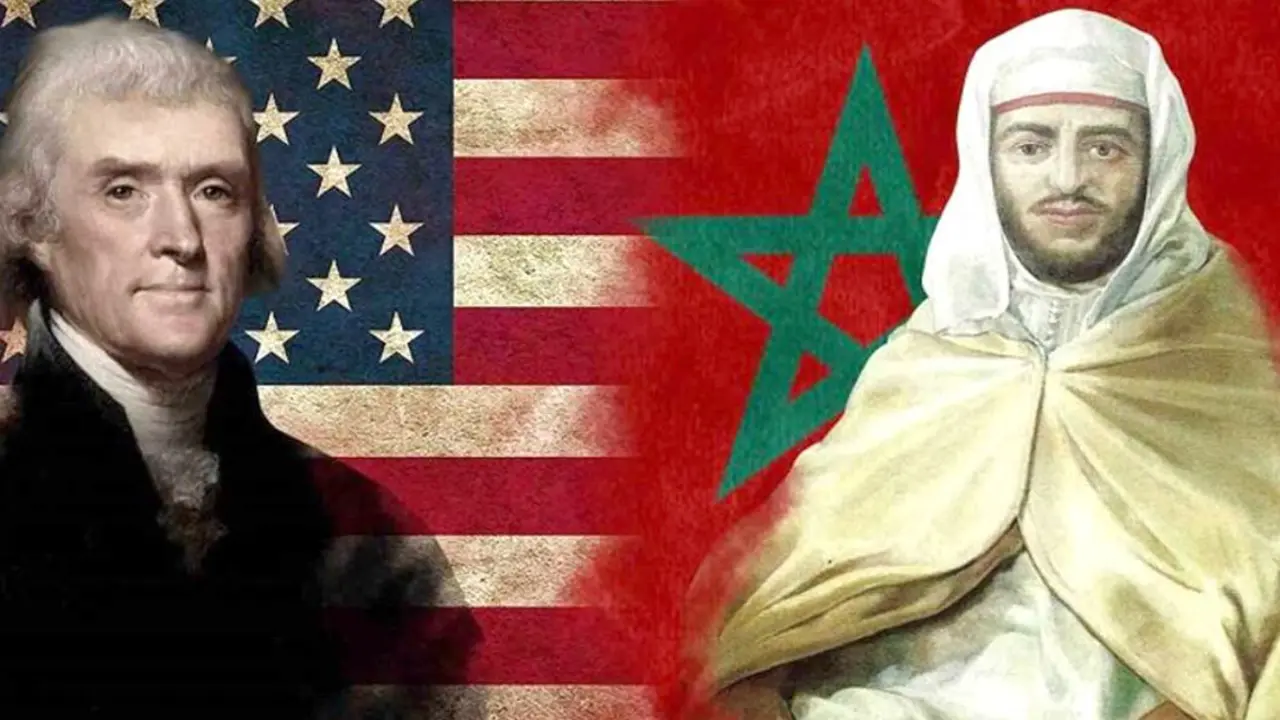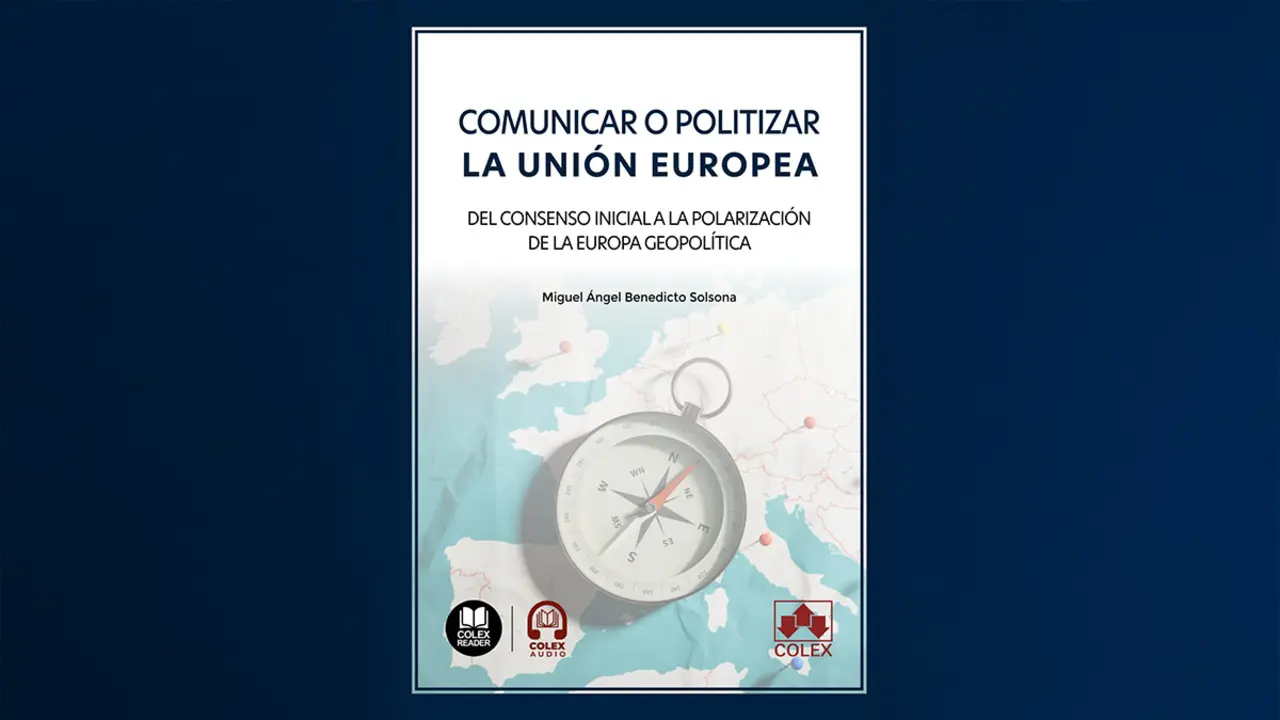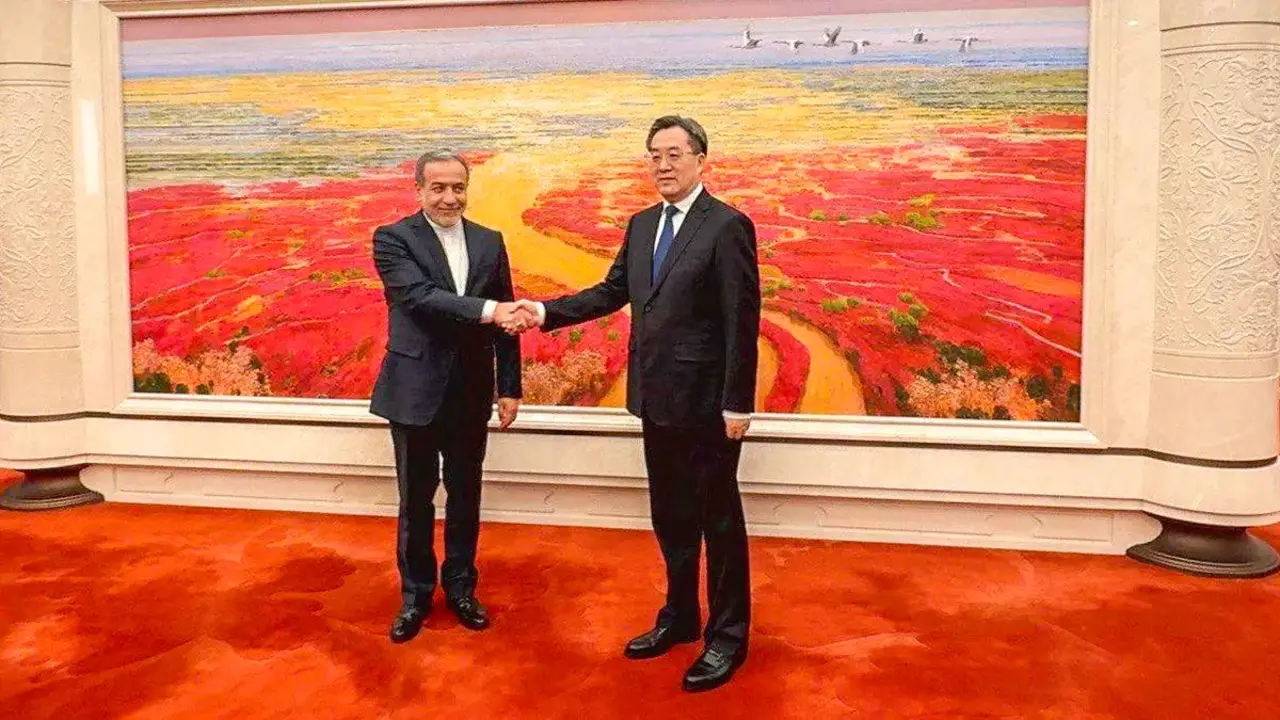Portugal expresses its full support for Morocco's Autonomy Plan for Western Sahara
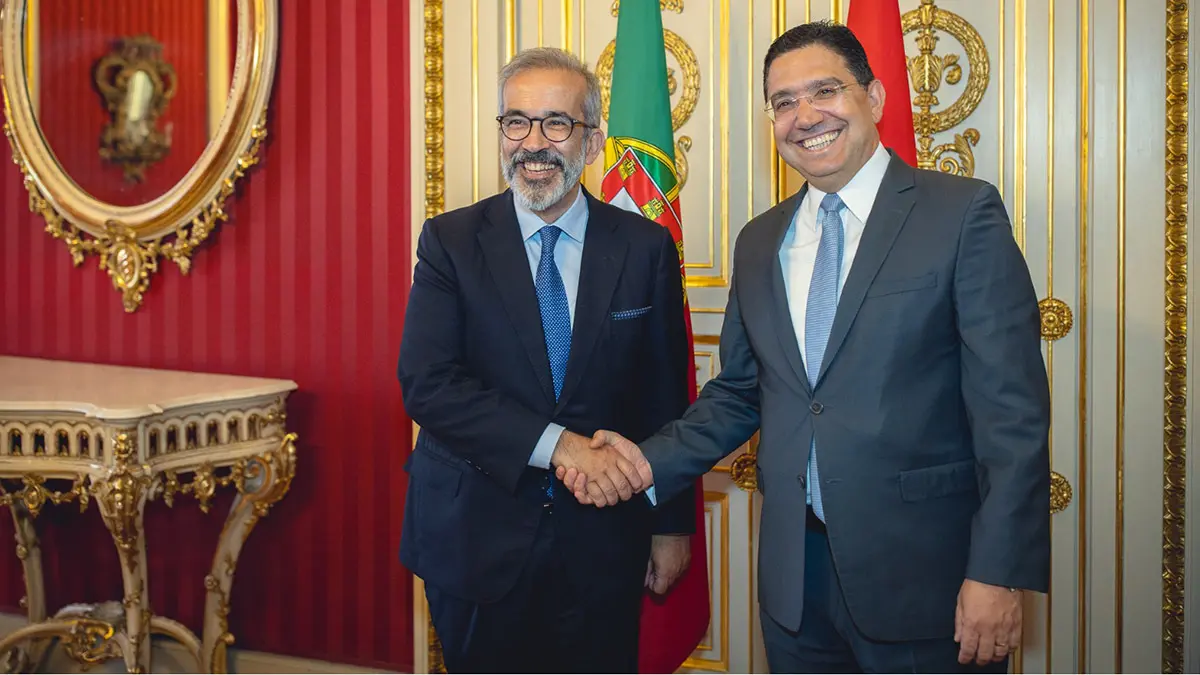
Portugal has reached a new milestone in Moroccan foreign policy with the announcement of its full support for the Moroccan Autonomy Plan for Western Sahara proposed by King Mohammed VI of Morocco in 2007. With this announcement, more than 120 countries around the world have given their blessing to the Plan, which is considered by all of them to be ‘the only credible, serious, constructive and realistic way to resolve the conflict in Western Sahara’.
- Morocco-Portugal: a model and exemplary relationship
- Joint Declaration
- Recognition of the Moroccan Sahara
- Support for the Royal Atlantic Initiative
Morocco-Portugal: a model and exemplary relationship
Meeting in Lisbon at the invitation of the Portuguese Minister of State and Foreign Affairs, Paulo Rangel, both diplomats announced that bilateral relations are at their best. These ties have developed over more than 250 years since the Peace Treaty was signed in 1774 and 30 years since the Treaty of Friendship, Good Neighbourliness and Cooperation was signed in Rabat on 30 May 1994.
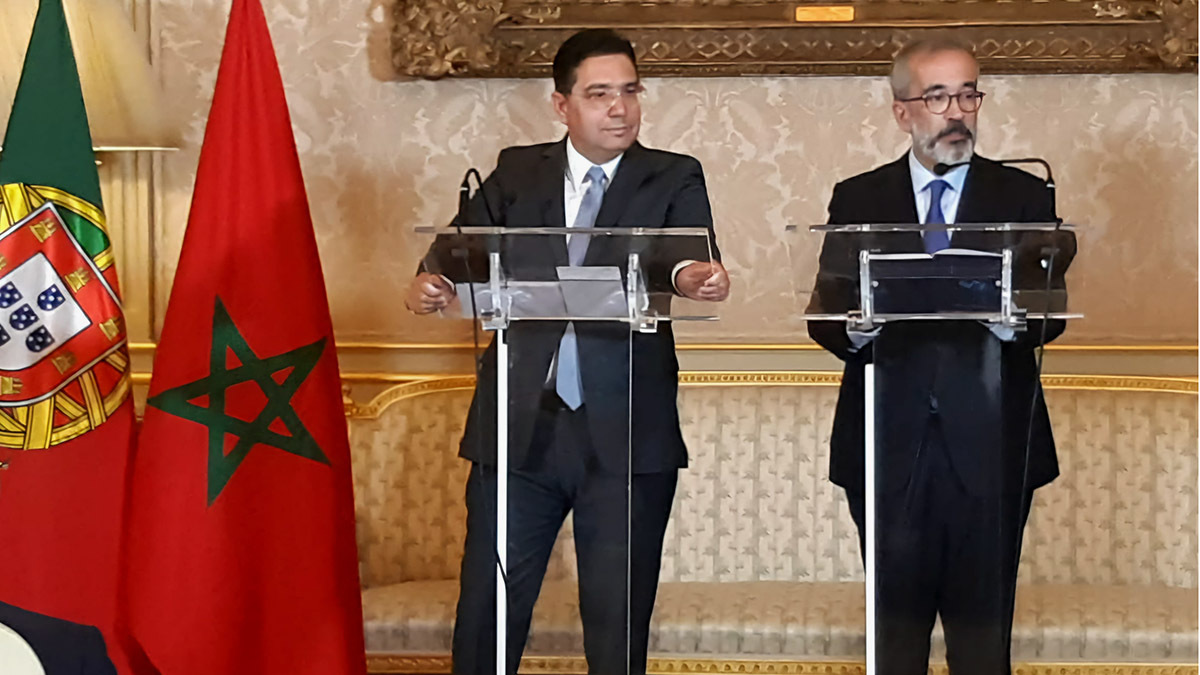
During the state visit, Nasser Bourita, Minister of Foreign Affairs, African Cooperation and Moroccans Abroad, expressed his gratitude to his Portuguese counterpart. The minister said he hoped to hold a new High-Level Meeting in Rabat soon and welcomed the co-organisation of the 2030 World Cup, highlighting its importance for cultural rapprochement and commercial development.
In the same vein, Minister Paulo Rangel praised the excellent relations between Morocco and Portugal, reaffirming the shared desire to strengthen the strategic partnership between the two countries, which constitutes ‘an exemplary model of cooperation across the board’.
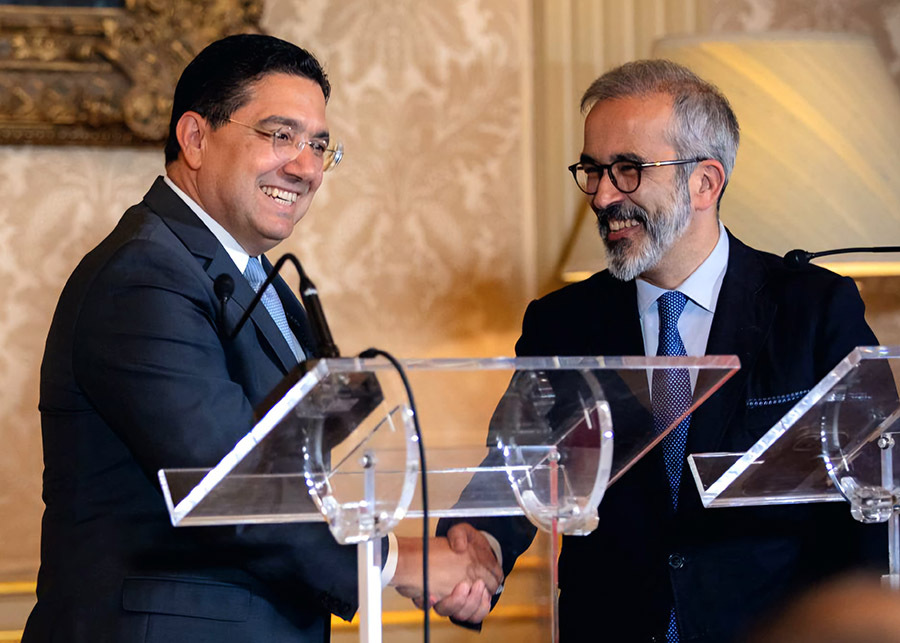
Joint Declaration
Comprising 12 points, the declaration by the two ministers focused on three key projects for Moroccan policy: the Autonomy Plan, support for the Atlantic Real Initiative, and cooperation in the organisation of the 2030 World Cup.
The statement announced new meetings for the coming months and years, underlined Morocco's role in security and peacekeeping in North Africa and Southern Europe, Morocco's commitment to multilateralism and respect for the sovereignty and territorial integrity of states, and the country's importance as a key partner in fisheries and agriculture, not only for Portugal but for the entire European Union.
In addition, issues such as the potential of renewable energies, especially the role of green hydrogen, and the efforts that both countries must make to improve electricity interconnection were discussed. To this end, both ministries reported that several summits and meetings will be held between the relevant institutions to establish new avenues of cooperation to ensure electricity interconnection across the sea.
Portugal, as an Atlantic country, expressed its interest in the Atlantic Initiative proposed by Mohammed VI and all the projects it comprises, such as the ‘Process of the Atlantic African States’, the ‘Project to promote access to the sea for African States’ and the ‘Nigeria-Morocco gas pipeline project’. Finally, the minister announced that, through the Atlantic Centre, Portugal will provide support for the achievement of one of the most ambitious plans in the history of the African continent.
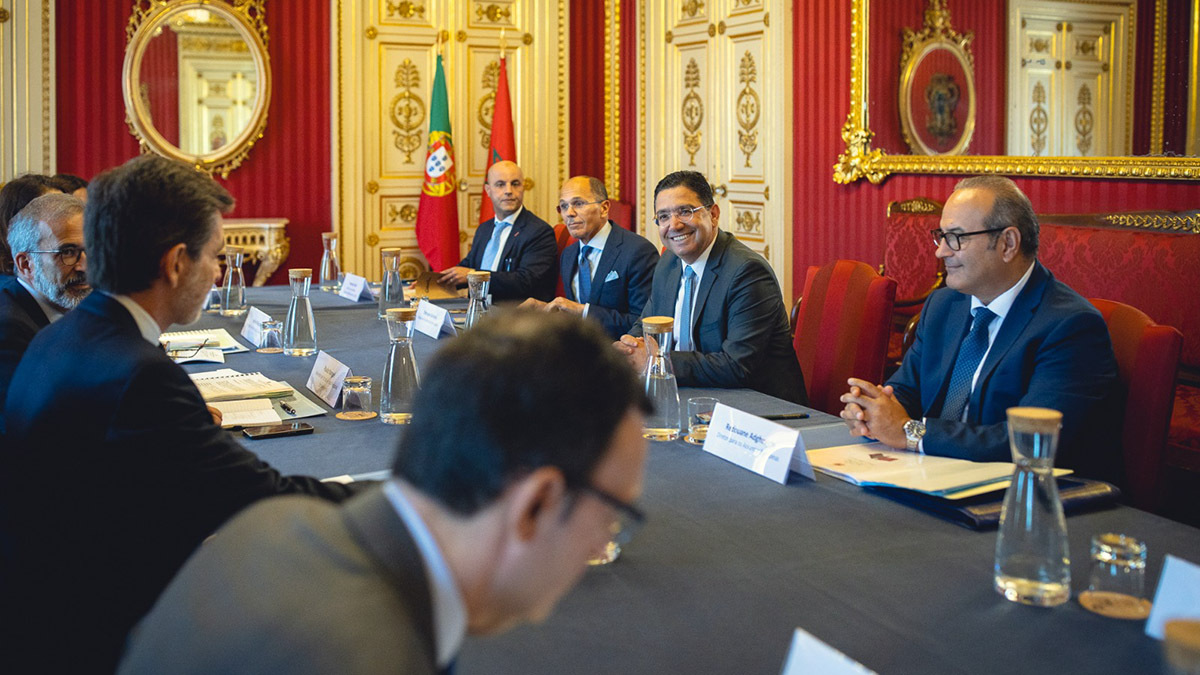
Recognition of the Moroccan Sahara
‘Portugal expresses its full support for the Moroccan Autonomy Plan for Western Sahara as the most serious, credible, serious and constructive basis for the settlement of the dispute,’ Paulo Rangel.
Based on the support of United Nations Security Council Resolution 2756, which outlines the role and responsibility of the parties (Morocco, Algeria and the Polisario Front) in the search for a political, realistic, pragmatic, lasting and compromise-based solution. Paulo Rangel thus recognises the importance for Morocco and the efforts made by the North African country within the framework of the United Nations.
In the context of international dynamics, Portugal has joined more than 120 countries on all continents that have recognised the Moroccan character of the Sahara. Since the United States announced its recognition in 2020, major world powers such as Spain in 2022, France in 2024, Germany, Belgium, Sweden, Finland, Israel, Australia, Japan, more than twenty African countries, Ibero-American nations such as Puerto Rico and El Salvador, and finally the United Kingdom in 2025, have signalled and reaffirmed their support for the Moroccan plan as the solution to end the conflict.
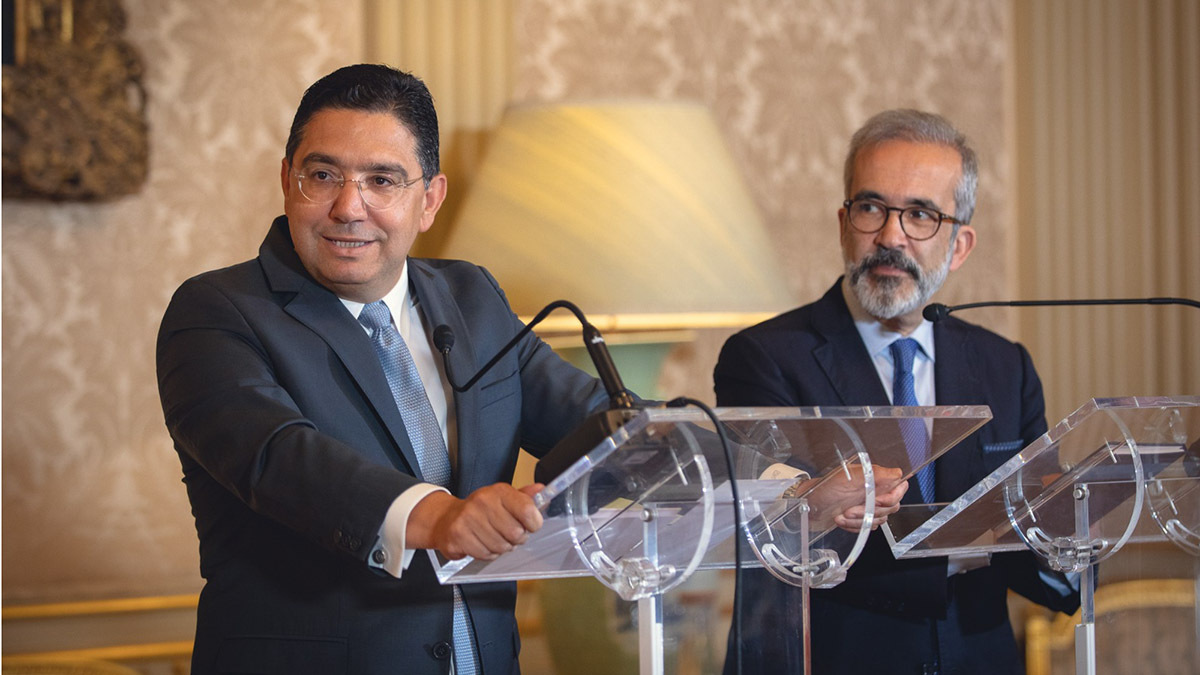
Support for the Royal Atlantic Initiative
Considered one of the most important projects in the history of Africa, the Royal Atlantic Initiative proposed by King Mohammed VI of Morocco aims to bring together more than 14 countries (Senegal, Mauritania, Gambia, Guinea-Bissau, Guinea, Sierra Leone, Liberia, Ivory Coast, Ghana, Togo, Benin, Nigeria, Cameroon, Equatorial Guinea, and Gabon) are united through access to the Atlantic Ocean in a plan that aims to achieve total stability, peace, and economic growth and development that affects all key sectors of each economy, basing its growth on the added value of African exports to the rest of the world.
Portugal's support for this project is of vital importance, as Portugal is the country with the strongest links to the countries on the other side of the Atlantic coast in America and to the countries mentioned above. The Portuguese Republic also has the Atlantic Centre, one of the most important institutions for the study and development of Atlantic routes.


